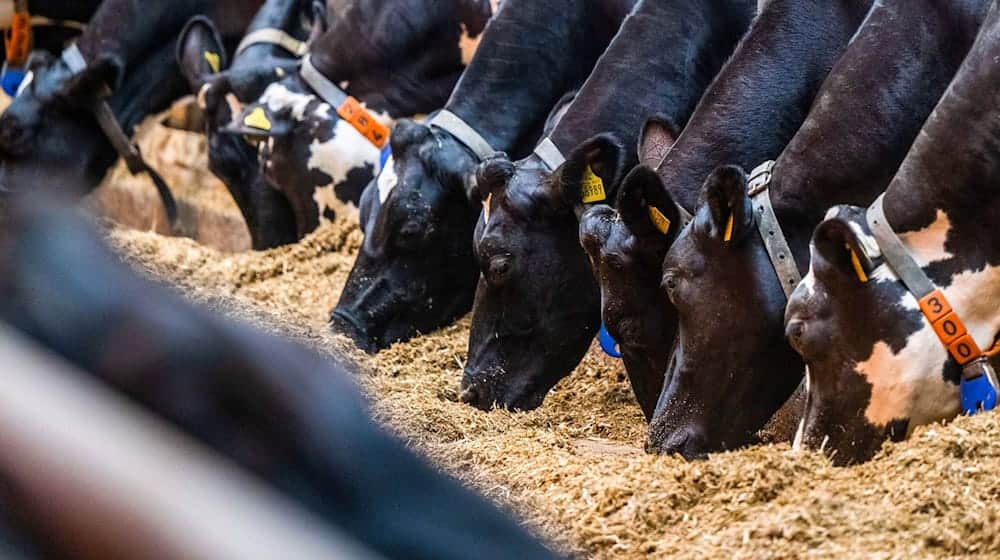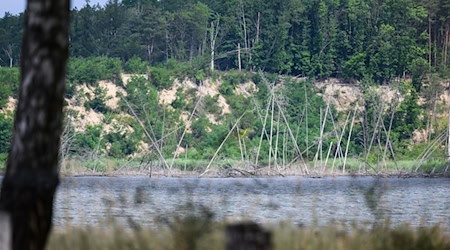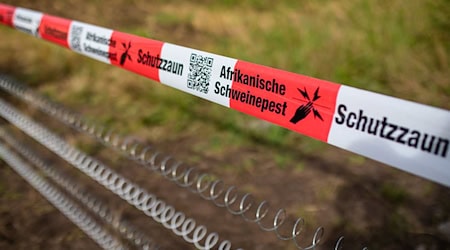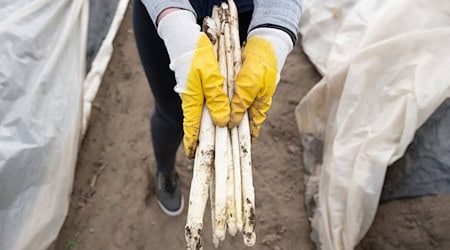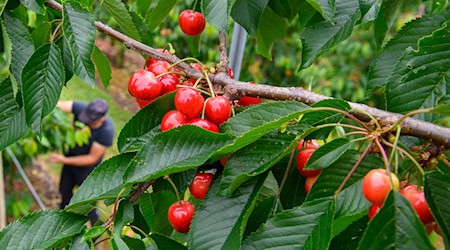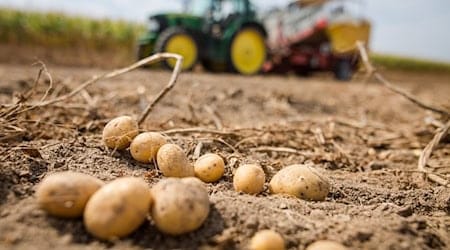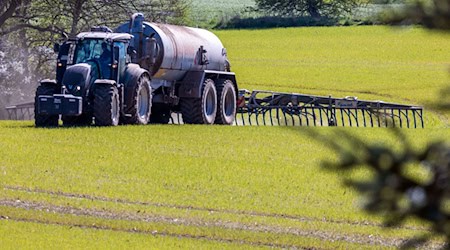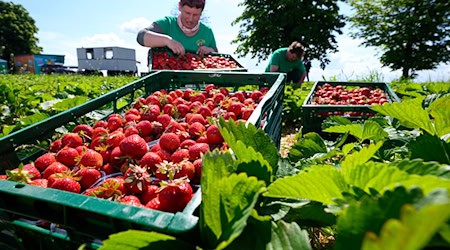State Farmers' President Torsten Krawczyk expects prices for dairy products such as butter to remain high and is calling for better conditions for livestock farming in Saxony. "Prices will remain high," he said in Limbach-Oberfrohna (Zwickau district). In recent years, milk production had fallen more sharply than consumption. This has created a shortage situation with a corresponding impact on prices. In addition, there are problems with animal diseases such as bluetongue, which affects other federal states more than Saxony.
"We want to venture a little more animal again," said Krawczyk. He added that it was already a success to stop the further reduction in livestock farming. Last year, the State Statistical Office reported the lowest number of pigs and cattle since 1992.
Saxony has a far lower animal density than other regions in Germany and therefore still has potential, emphasized the farmer functionary. In order to achieve a turnaround, regional processing and marketing must be further developed and hurdles and bureaucracy for livestock farmers must be reduced. Currently, for example, pigs from Saxony are often transported across the state border to be returned as schnitzel.
Krawczyk criticized large differences between the districts in terms of fees for meat inspection. He also spoke out in favor of less bureaucracy in the killing of grazing animals by gunshot. Up to now, an official veterinarian has always had to be present - even though the staff are trained. "That's crazy." This is also not required for hunters. Farmers are also concerned about new emission protection regulations. As a result, dairy farms are threatened with no longer being able to use their slurry tanks. The farmer president called for at least existing facilities to be exempt from the stricter regulations. Saxony must launch a corresponding initiative at federal level,
Concerns about further outbreaks of disease
The producer prices for livestock farmers are currently adequate, Krawczyk stated. The milk price has risen by around 20 percent to more than 50 cents per kilogram within a year. The fact that many livestock farmers still see no prospects is due to uncertainties caused by ever new legal requirements, but also to problems finding workers. Animal disease outbreaks are also a cause for concern.
After African swine fever and bluetongue, an outbreak of foot-and-mouth disease was reported in Brandenburg on Friday. He very much hoped that this could be contained, said Krawczyk. It is highly infectious and can affect all hoofed animals - whether domestic or wild.
After farmer protests a year ago, the profession has become quieter. Back then, farmers blocked highway ramps and intersections with tractors. The protest was sparked by the German government's plans to abolish agricultural subsidies for diesel. Saxony's farmers were also angry because the disbursement of EU payments by the state agriculture ministry, which was led by the Greens at the time, was significantly delayed.
The mood now seems to be better following the change of government in Dresden. He is much more relaxed than a year ago, admitted Krawczyk. The new CDU Minister of Agriculture, Georg-Ludwig von Breitenbuch, is a competent contact person. He himself comes from the agricultural sector. "We are looking forward to working together as equals, with a minister who knows what he is talking about." This does not change the fact that funds are becoming scarcer in Saxony. The aim is therefore to prioritize things that cost nothing and still help farmers, explained Krawczyk. For example, to reduce bureaucracy.
Copyright 2025, dpa (www.dpa.de). All rights reserved

